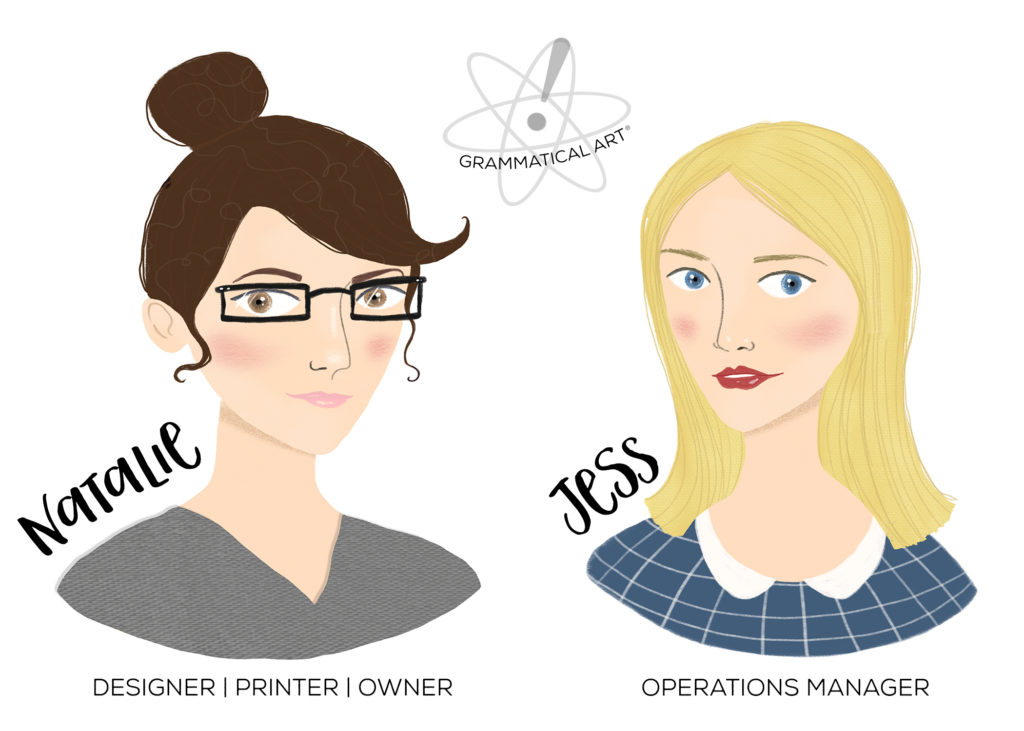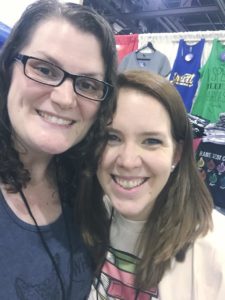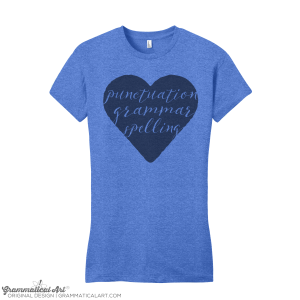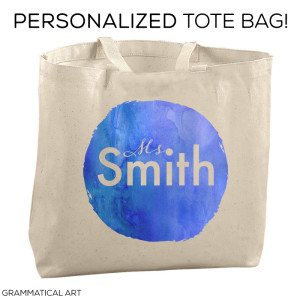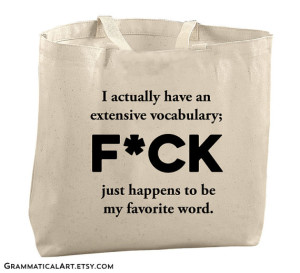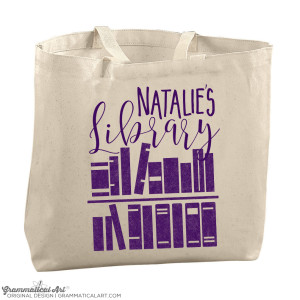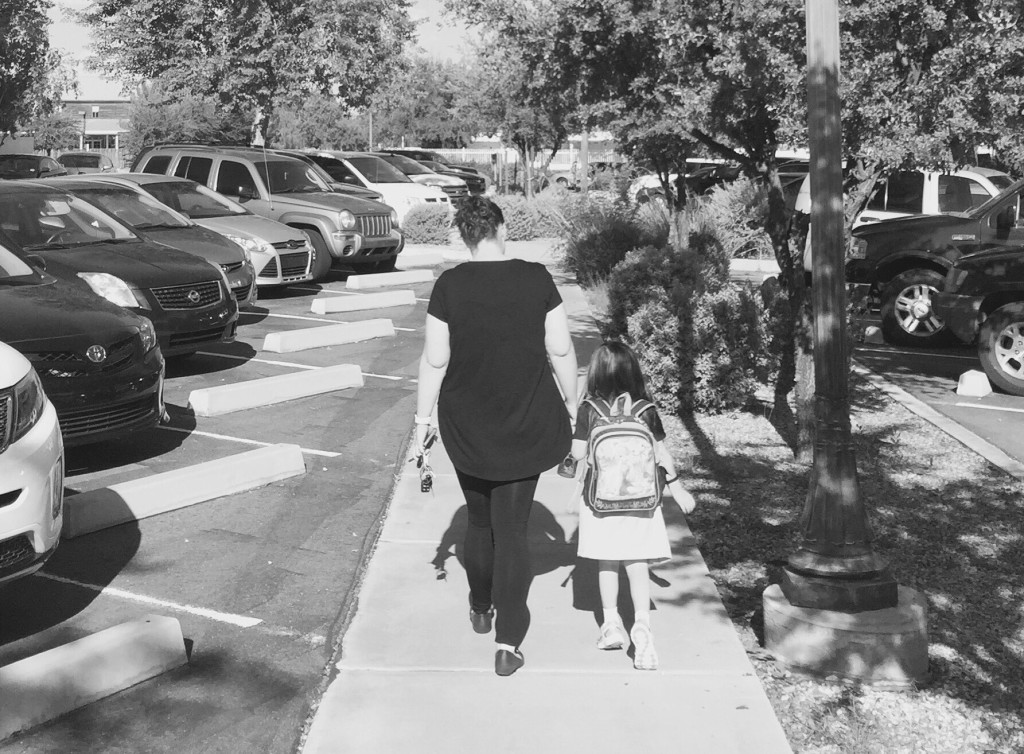If you’re a longtime reader, you might remember Jess talking about her two younger sisters, and if you’re new here—awesome! I am, too.
I’m Kate, the youngest of Jess’s two sisters and the newest member of the Grammatical Art team. I have another sure-to-be adorable nephew on the way, so I’ll be helping out while Jess gets ready for baby no. 2 and filling in for her while she’s away on maternity leave.
I spent my time in undergrad as a copy editor then copy chief for the campus newspaper, taking as many writing courses as I could. But it only took one semester without a single science class for me to realize that I missed it, so I joined a lab and majored in biology. (I spent the rest of my free time in Harry Potter club. Yes, an actual, official club for everything and anything Harry Potter related. Living the dream, guys.)
Four years of splitting your time between hard science and creative writing means you get a lot of “If you like writing, why aren’t you an English major?” and “If you’re a biology major, why are you taking writing classes?” As if it only makes sense to do one or the other; as if the two are so unrelated they might as well exist in different dimensions.
My question was always: Why choose? If I love both, why not do both?
So when Jess and Natalie approached me about getting on board, it seemed like a no-brainer. Working with people who love all things nerdy? Who geek out about grammar and science in equal measure? Count me in.
Needless to say, I can’t wait to work with you all over the next few months, to talk books, talk science, and help keep you in all things grammar!
*Yes, this is in fact a shameless reference to the classic 90s sitcom starring Tia and Tamera Mowry.

